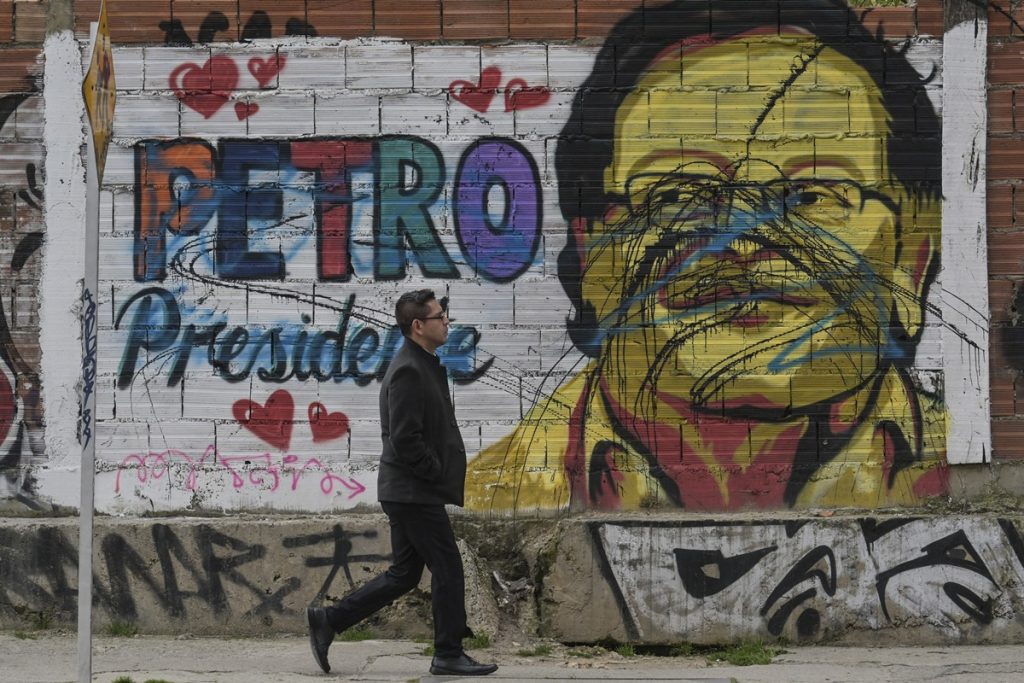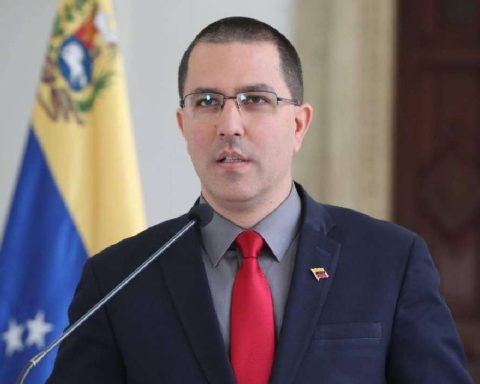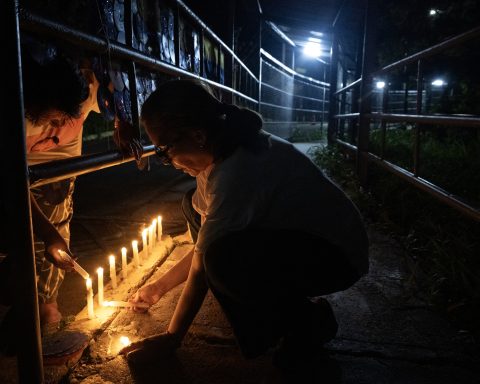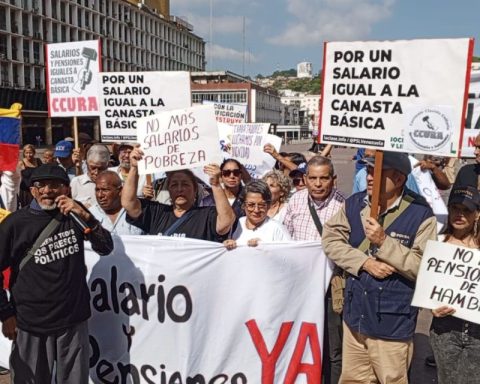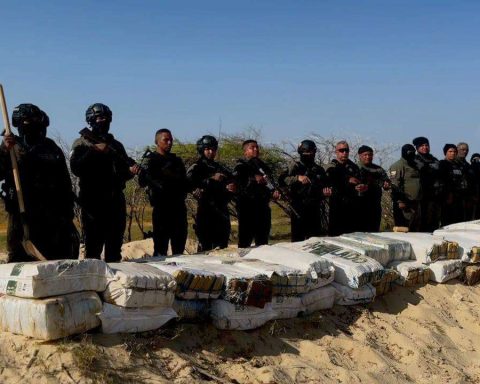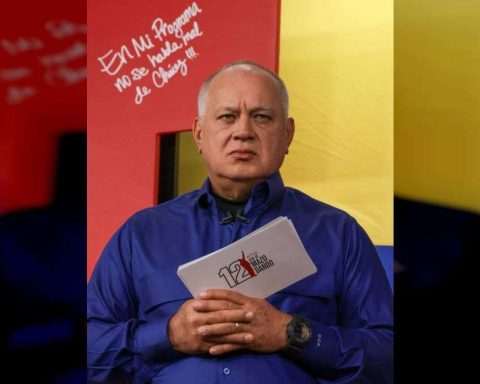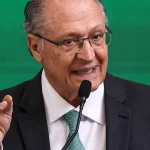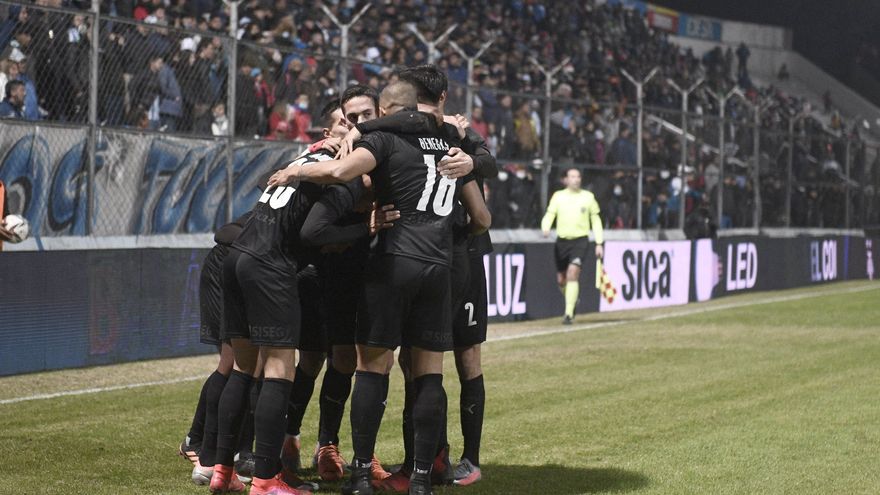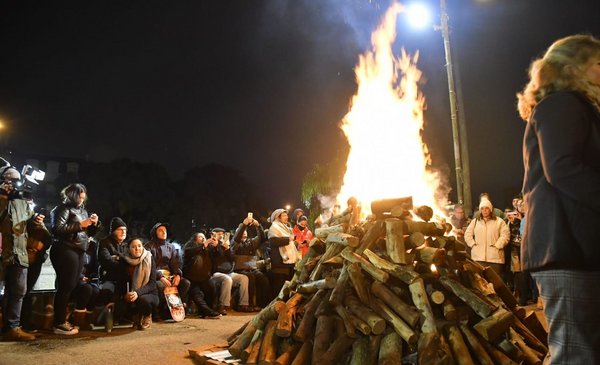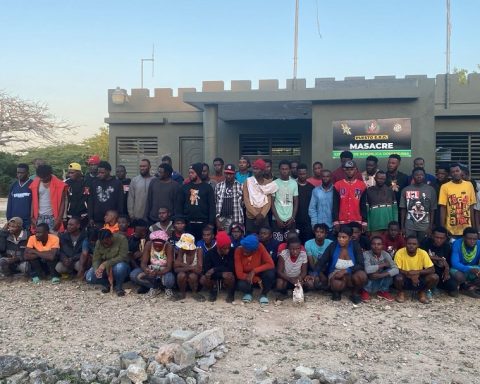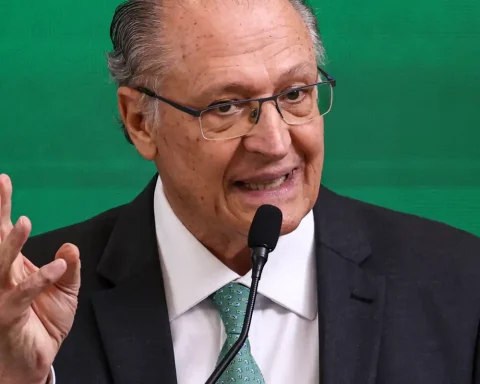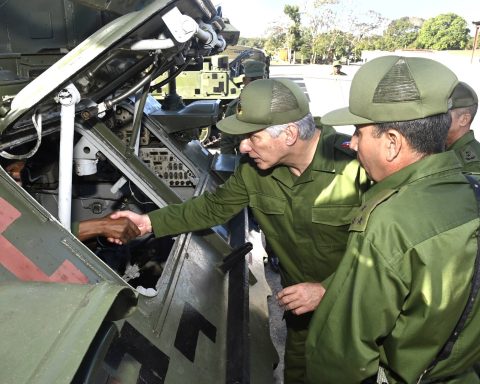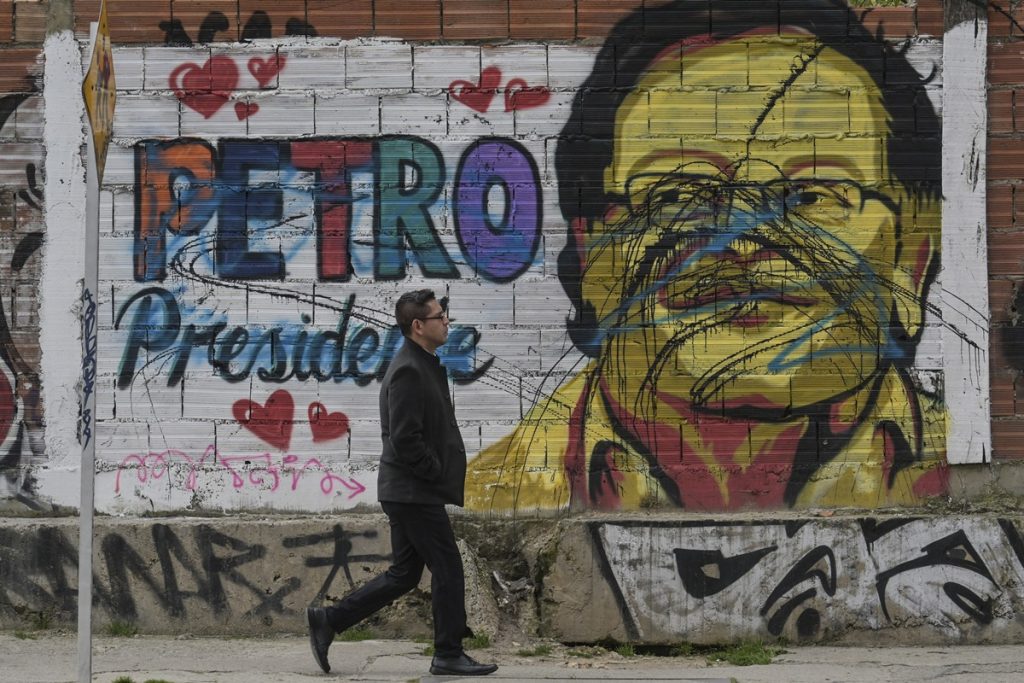
Gustavo Petro’s speech on election day, once his victory was known, was full of democratic reaffirmation, love, peace, defense of the environment, unity and national agreement so that no sector felt excluded or segregated. All very plausible, within the script usually followed by seasoned politicians, convinced of the need to live a honeymoon with the entire country they are going to govern. His words sounded like something out of a manual on politics and “correct” politics.
A country crossed by differences as abysmal as Colombia needs the message of the president-elect in the most popular elections in recent decades to become a reality. However, Hugo Chávez spoke in the same vein as Petro on the fateful December 6, 1999, when he won the presidential vote. We already know what came next.
There are many areas in which Petro will have to demonstrate that, in effect, he is a thoroughgoing democrat, a defender of human rights, of the excluded and of democratic institutions. I highlight some that I consider crucial.
I begin with the treatment that will be given to the almost 2 million Venezuelans who live on Colombian soil because they left seeking to improve their quality of life. President Iván Duque maintained a solidary treatment with those compatriots throughout his mandate. He opposed the chauvinistic actions of some groups and officials, including Mrs. Claudia López, mayor of Bogotá. He promoted the Temporary Protection Statute, which gave a broad set of guarantees to Venezuelan migrants so that they could be legalized.
Within this huge contingent, I underline the situation of political exiles and refugees. Leaders emigrated to Colombia (among them, deputies), persecuted by the regime, as well as personalities appointed by the National Assembly elected in 2015 to hold positions in the TSJ and in other State agencies.
A special case is found in Monómeros, a subsidiary company of Pequiven based in Barranquilla, which was the largest producer of fertilizers for Colombian agriculture. The Chavista administration bankrupted it, with notable cases of corruption, until a first administration of the interim government took its direction, raising its numbers significantly. Then came another administration that didn’t do as well. Around this company, the Venezuelan government and some opponents have woven a black legend that combines some truths with lies and adulterations, whose purpose is to hide the gigantic assault on public finances perpetrated by the Venezuelan regime.
Nicolás Maduro, so enthusiastic about Petro’s victory and about the possibilities of normalizing relations with Colombia, will surely want revenge, both on the exiled leaders and on the members of the Monómeros board of directors.
Gustavo Petro will have the opportunity to demonstrate how much he values the democratic struggle of the Venezuelan resistance, how much he respects the legal status of exiles and refugees, and how much he believes in the rights of those who will be identified as corrupt by a regime that has bankrupted all state companies and squandered the largest fortune entered into the country throughout its history.
Another demanding test will be his relationship with the tyrannies of Cuba and Nicaragua. To side with the groups that are fighting in those countries to see again democracy, respect for human rights and civil liberties, crushed by decades of dictatorship, he would only have to invoke the precepts established in the Inter-American Democratic Charter and in the final declaration of the Summit of the Americas, held in Quebec in 2001, both signed by Colombia. There appear the reasons why the democratic governments of the continent are obliged to protect the democratic institutions in those nations that have lost them. It is not necessary to violate the principle of national sovereignty and the self-determination of peoples, nor any of those nonsense that the anti-liberal left tends to resort to when it tries to justify the outrages of authoritarian governments, self-described as “revolutionary.” Cuba and Nicaragua are an embarrassment for Latin America. The viciousness with which they act against democratic organizations and personalities demands a categorical response also from that left that aspires to be recognized as democratic. The moral authority of Petro, a former M-19 guerrilla, would be essential to achieve a continental condemnation of the despotism enthroned in those countries.
The other terrain in which Petro’s democratic spirit will be measured has to do with his ties to the United States. Hugo Chávez pointed out during the 1998 campaign and in his initial speeches as president, that his ties with the northern nation would be cordial and fluid, as always, as it was appropriate to maintain the relationship with the main commercial partner of Venezuela. Lie! His multilateralism ended up turning him into a fierce opponent of the United States and an unconditional ally of China and Russia, two powers with authoritarian and anti-Western governments. Colombia’s main trading partner is the United States, but none of the products it sends to that nation has the strategic value of oil. Beyond the cordial conversation with Joe Biden, we will see how far the new president’s economic sense goes.
Gustavo Petro is surrounded by several institutional counterweights: the Constitutional Court, Congress (where he does not have a majority), the Attorney General’s Office and the military (who must not like the former guerrilla). We hope that those controls, plus his experience as mayor, senator of the Republic and, now, triumphant presidential candidate, show him that it is better to live in a democracy. In Venezuela we are waiting.
@trinomarquezc
